
DUDLEY – "Afzal Amin is an idiot!" yells Shahzad Ali. The taxi driver, who's lived in Dudley for most of his life, believes the distinguished army captain turned disgraced Tory candidate has let down the town's Muslims.
"Loads of us were supporting him, and he goes and does something stupid like that," he says. "It's more funny than anything else – but there were people at the mosque who really believed in him. I can't imagine how they're feeling."
It's a sentiment shared by many of Dudley's Muslim residents, some of whom are still coming to terms with the scandal that has erupted there.
One of Amin's former supporters, Amina Sadiqi, a college student, told BuzzFeed News she was "shell-shocked" after reading that he had attempted to strike a deal with the English Defence League (EDL), a far-right protest group that has "caused nothing but stress" for Asian communities in the area.
In worse shape are those who used to pray with Amin at Dudley Central Mosque.
It is this building – Dudley's oldest mosque – that would have been the target of the EDL march Amin allegedly attempted to organise with the aim of stepping in to play peacemaker in the run-up to May's general election.
Amin claimed that his conversation with former EDL leader Tommy Robinson – recorded and published by the Mail on Sunday last week – was misrepresented. But the mosque's worshippers are not convinced.
After all, for years, this quaint building – a renovated primary school – has been a symbol of the huge divisions between the city's racial and religious communities.
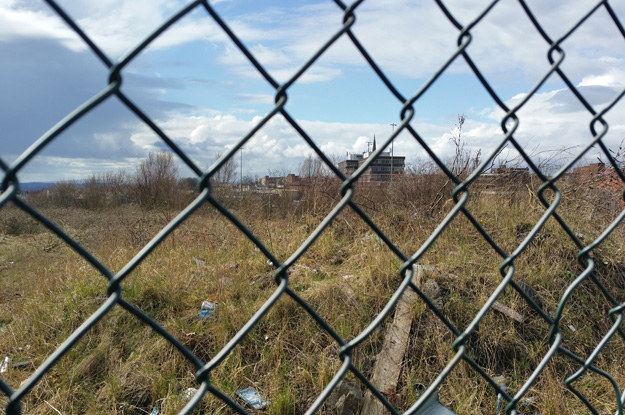
For more than a decade, the mosque has been trying to expand to a larger site to accommodate the town's growing Muslim population.
Despite finding an adequate site on Hall Street, submitting planning applications, and going through proper legal channels, staff at the mosque say they've had their plans repeatedly thwarted by Dudley's Labour-controlled council.
Dudley council could not provide a statement at the time of publication.
In the midst of this dispute, the mosque proposed alternative areas of expansion which would have had an impact on some of local businesses, including incorporating the derelict Dudley Hippodrome theatre and the Castle Casino located just behind the mosque. However, these alternatives eventually fell through.
Last year the Court of Appeal finally upheld the mosque's planning application on the Hall Street site. Even then, as a result of a "clawback" clause in the mosque's freehold agreement that would allow Dudley council to reclaim the land, the mosque is still waiting to find out whether development will actually be allowed to happen.
Meanwhile, EDL members have made frequent trips to Dudley since 2009, claiming they are there to protest against the construction of a "mega-mosque".
The group, along with other far-right organisations such as the British National party and Britain First, claims Dudley's Muslims are planning to build a giant mosque in the town, complete with a minaret so high it will dominate the skyline – a claim the mosque's managers have repeatedly said is untrue.
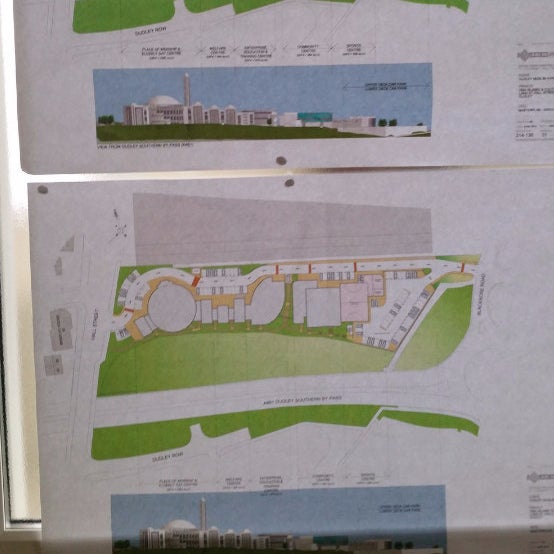
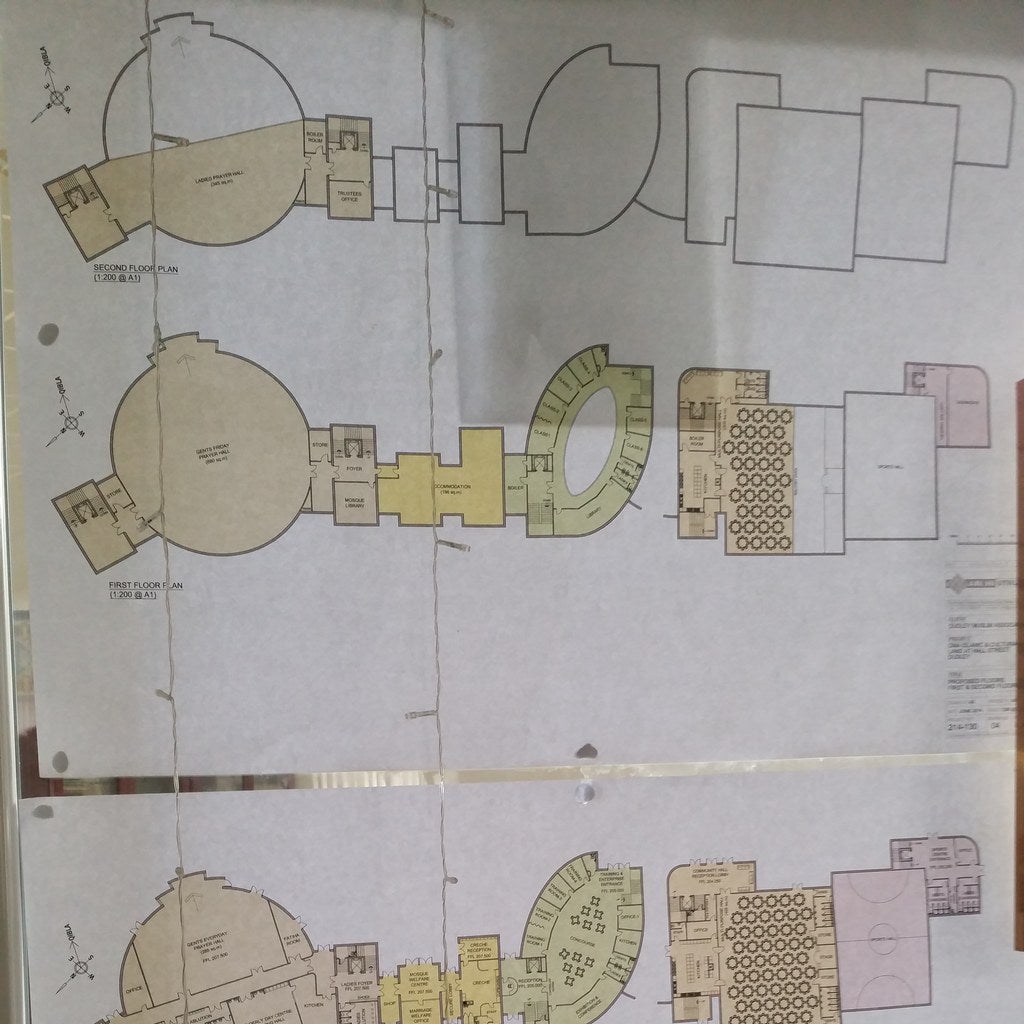
"About a third of the development is a mosque," says Amjid Raza, a spokesperson for Dudley Central Mosque. "The rest is community space that's open to everyone of every race and religion."
According to the plans (pictured above), which are taped to the wall of the mosque, the development includes an enterprise centre, a community gym, and entertainment facilities for young people.
"Also, there's all this nonsense about the mosque making a minaret so high it will take over the skyline," Raza says. "I think that scared some people – but it's not true! The minaret won't even be as high as the warehouse that's behind it, and the adhaan [call to prayer] won't be done from the minaret. It will still be done inside the mosque."
Despite this, Raza says, the nuances of the plan have "fallen on deaf ears" when it comes to the local council, and to the far-right groups who continue to refer to it as a "mega-mosque".
"I don't know where this phrase comes from," Raza says. "The first time I heard it was at a council meeting in 2010 when they were saying we wanted to make something taller than the churches. We gave out leaflets saying what the actual plan was, but no one was listening."
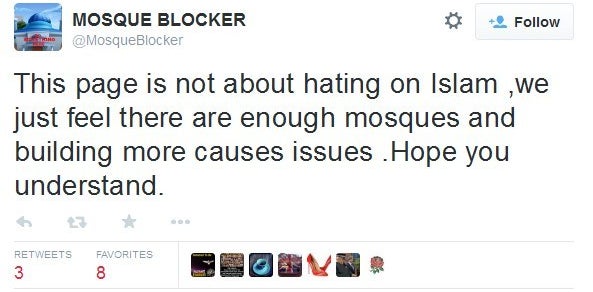

Although it is unclear where the idea of the "mega-mosque" came from, it is likely to have developed on social media, where far-right groups have a strong presence and often use the phrase to justify marching outside mosques in certain cities.
Facebook groups such as STOP DUDLEY SUPER MOSQUE & ISLAMIC VILLAGE and Dudley Council an Undemocratic Regime often use the phrase, and some members openly express their dislike of Muslims, Islam, and immigration. Many are also open about their support for far-right groups, even if they aren't devoted members.
The use of social media in shutting down applications to develop mosques is not a new phenomenon, either. Steve Rose, a researcher at Tell MAMA, an organisation that monitors anti-Muslim incidents online, tells BuzzFeed News: "Anti-mosque groups effectively use social media platforms in an attempt to influence the outcomes of planning applications."
Citing the example of a now deleted Twitter account called @mosqueblocker, Rose says far-right groups also use social media petitions to attract outside dissent, which could then be used to put pressure on local councils.
The @mosqueblocker account, he says, "directed individuals to mosque applications nationwide and gave advice about how to word opposition – in 'council friendly' terminology (e.g. opposition to increased traffic congestion) and with shareable images.
"It is not uncommon for far-right groups to take a similar and direct approach."
Those opposing mosques can also deploy legal expertise, with the lawyers involved sometimes even willing to work for free. Gavin Boby, a former barrister and planning specialist, was involved in convincing Dudley's planning committee to reject the mosque's application in 2011. While Boby declined to comment for this story, he is a director of the Law and Freedom Foundation, which boasts on its website that 16 out of 18 mosque applications with which it has become involved have been blocked.
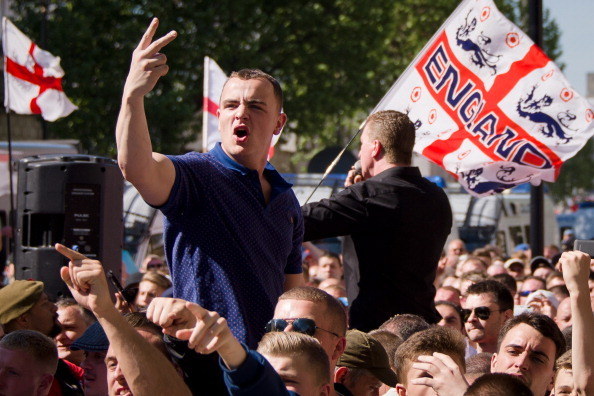
While marches in the city have died down in recent years, the toxic terminology hasn't.
Most of the non-Muslim residents BuzzFeed News speaks to still refer to the development as the "mega-mosque", and many complain that the council is "favouring Muslims over white people" in the city.
Emily, a 30-year-old mother who lives a few miles away from the development site, tells BuzzFeed News that she and her neighbours had "felt betrayed" by the council for letting the development happen.
"There's nothing for the young people to do here, so why not build something where everyone can get a job? Or what about a sports centre for everyone in Dudley? Right now the plan says it will be a Muslim-only sports hall. It's outrageous."
While Emily says she does not support the EDL, she does admit that some of her friends do and that they have attended demonstrations against the mosque in the past.
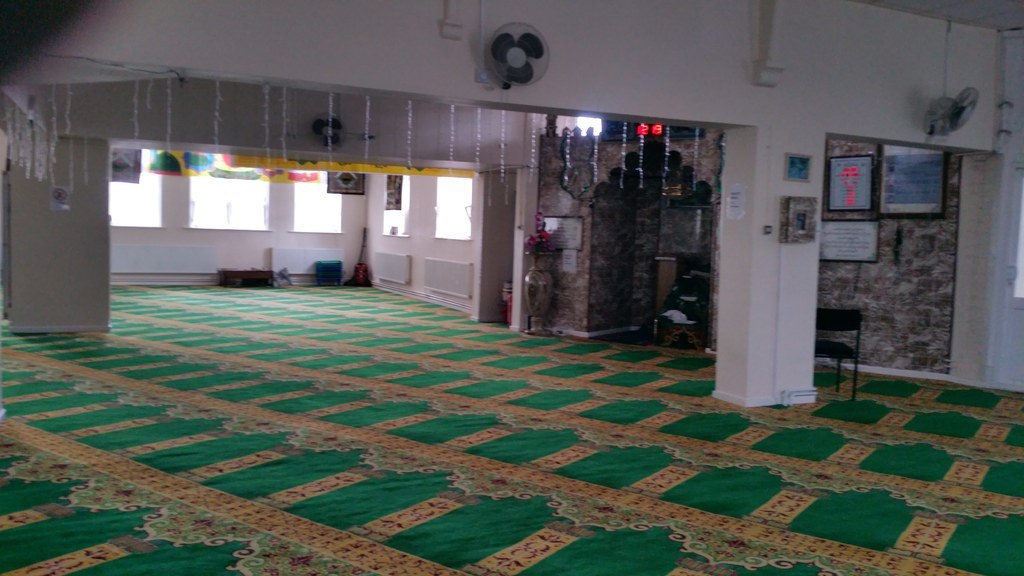
Raza is optimistic that the development of the mosque will be under way soon, although he says the process has taken a significant toll on Dudley's Muslim community.
"It hasn't been good, especially for the young people," he says. "It's difficult to manage their emotions as a result of these protests, and we don't want to see anyone who is protesting against the EDL, or defending the mosque, end up behind bars."
The mosque is currently awaiting its next court date with the council, but until then, it will continue to reach out to the local community through open days, community forums and by extending an open invitation to the town's residents to visit the mosque. One resident who will almost certainly be absent, however, is Afzal Amin – a casualty both of his own ambition, and of Dudley's enduring religious and racial tensions.
